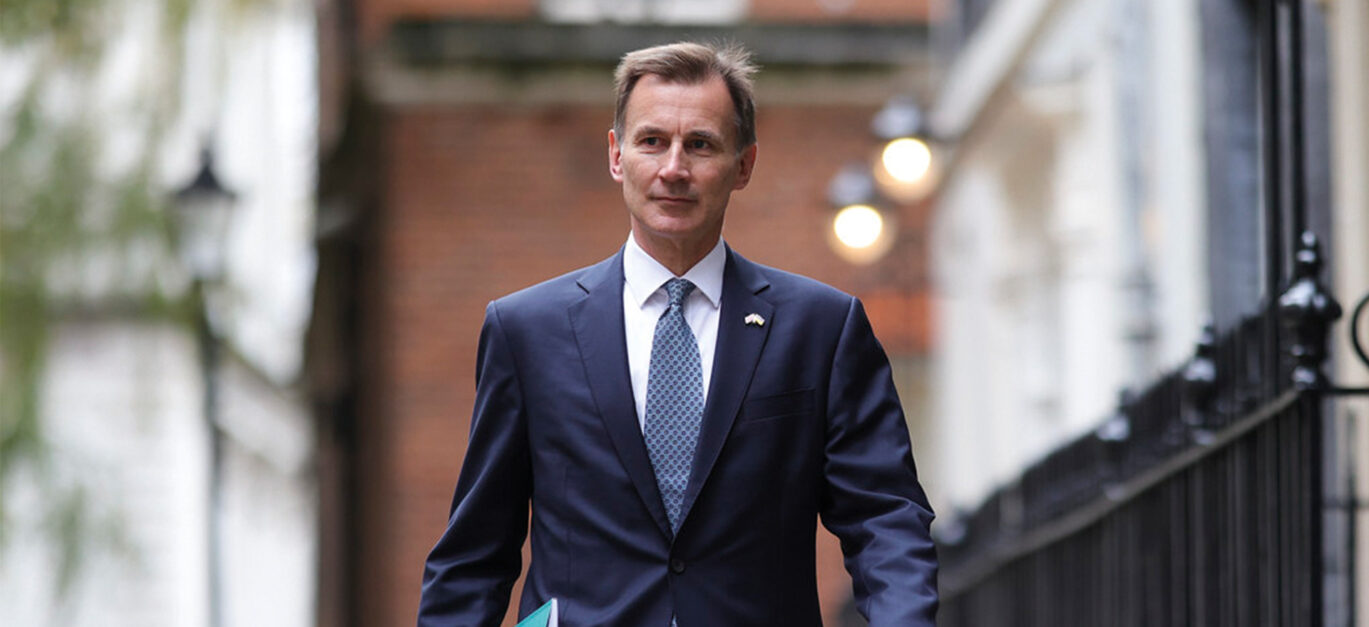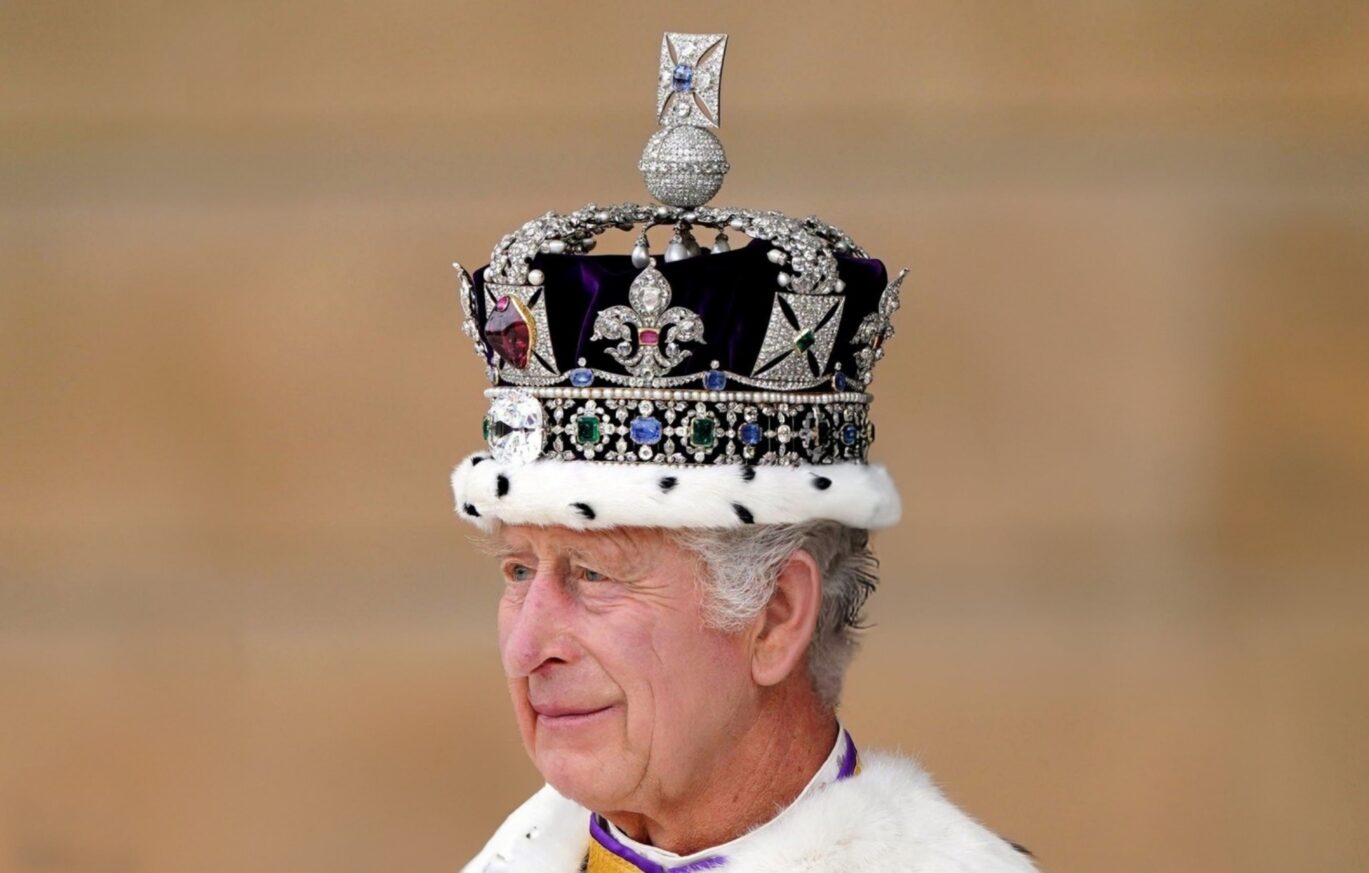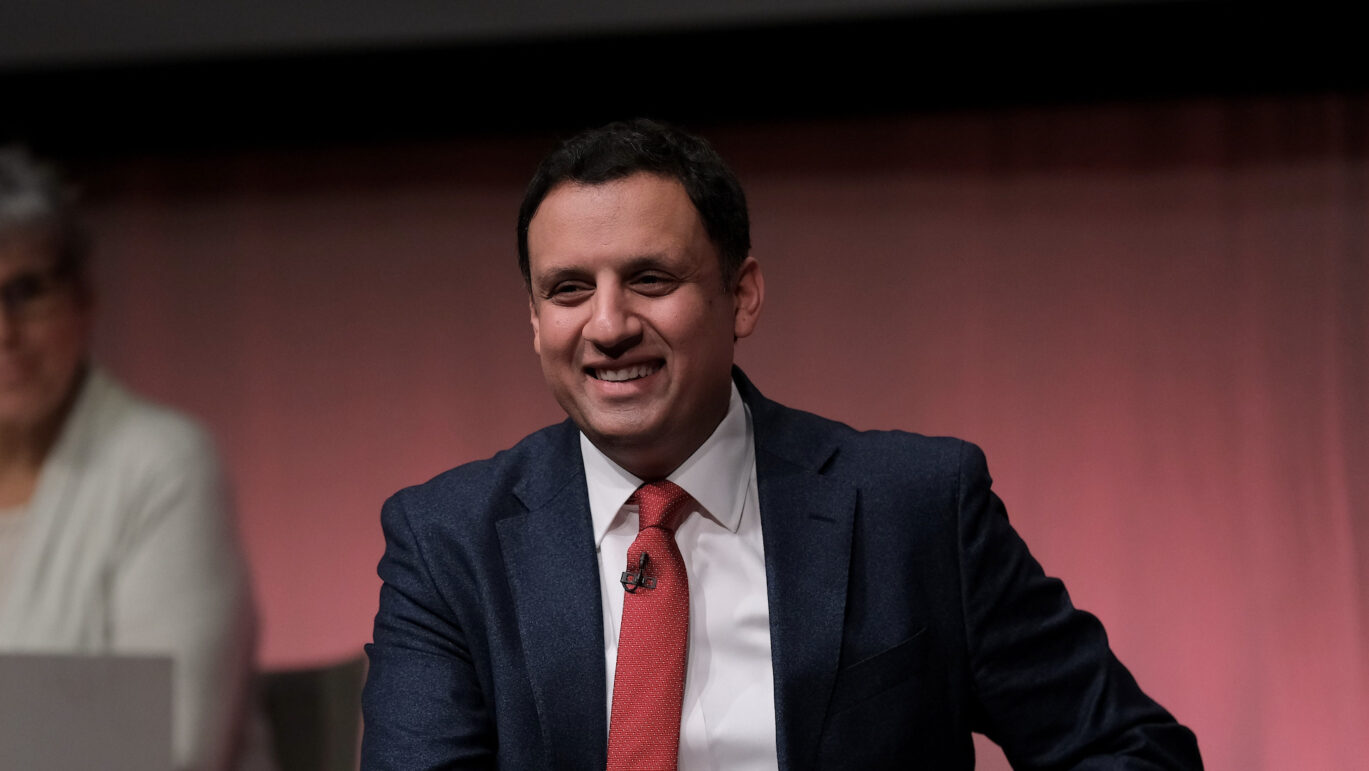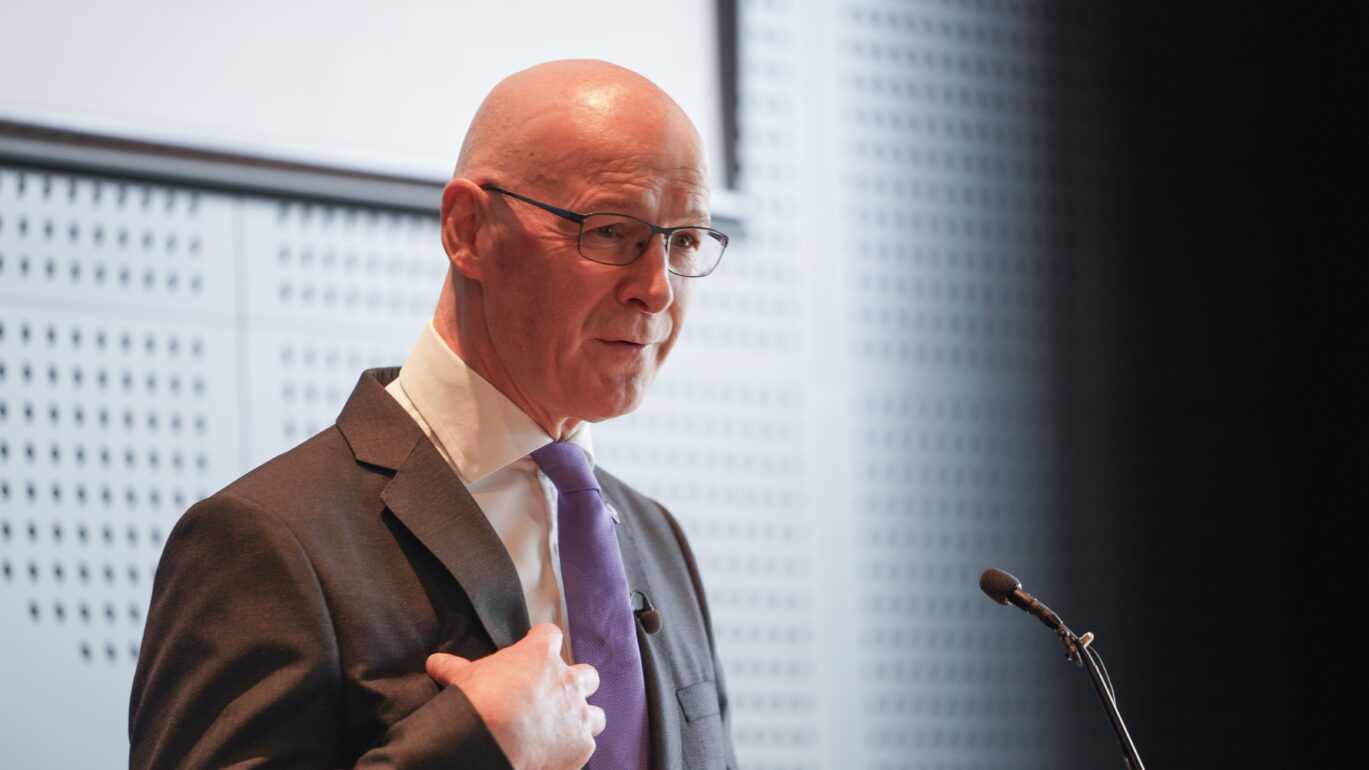In an age of political surprises – most recently the return of former Prime Minister David Cameron to the cabinet – Jeremy Hunt’s Autumn Statement felt surprisingly straightforward. There was no rabbit-in-the-hat moment, no grand reveal. In fact, it was all rather Conservative, with both a small ‘c’ and a big ‘C’. This did not mean Hunt was boring – he effectively ribbed his opposite number, Rachel Reeves, and poked fun at Sir Keir Starmer – but rather just conventional.
As anticipated, there were tax cuts for both individuals and business. Among the headline announcements, national insurance (NI) contributions for both employees and the self-employed were cut, saving a typical employee about £450 a year. As NI contributions are reserved, this applies to Scottish workers too, while the overall spending commitments should amount to around £545million in additional funding for the Scottish Government via the Barnett Formula.
For business, Hunt made permanent an £11billion measure that allows firms to deduct the full cost of investing in machinery and equipment from their tax bill, which he ambitiously branded the “largest business tax cut in modern British history”. Among other announcements, an extension of the investment zone programme and freeport tax reliefs from five years to 10 years, will be welcomed by many, as will Hunt’s decision to cancel a further hike in alcohol duty – a key ask of the Scotch whisky industry.
Such measures were possible because of a somewhat improved picture for government finances, although the wider economic outlook remains poor. Growth is predicted to be sluggish for several years, while the Bank of England has also warned inflation remains a potent threat, despite steep declines in recent months.
This helps explain why Hunt resisted pressure from some backbenchers for a dramatic announcement on income tax cuts, which could stoke inflation, or major public spending increases. The Chancellor instead clearly intends to keep such measures back as a pre-General Election sweetener, suggesting speculation Rishi Sunak will go to the country in spring next year is unfounded.
Certainly, this Autumn Statement alone will not be enough to reverse the Conservative Party’s poor poll ratings. Hunt’s party continue to lag significantly behind Labour and, as such, Reeves was content to focus her response on apparent Conservative failings, rather than what her party would particularly do differently.
The key question now is whether Hunt’s statement will be enough to improve the economic outlook for next year and, ultimately, give him a platform to significantly cut taxes in the March 2024 budget. Without such a move, it is difficult to see the Conservative Party’s fortunes seriously improving.
Read more of True North’s insights and news here









